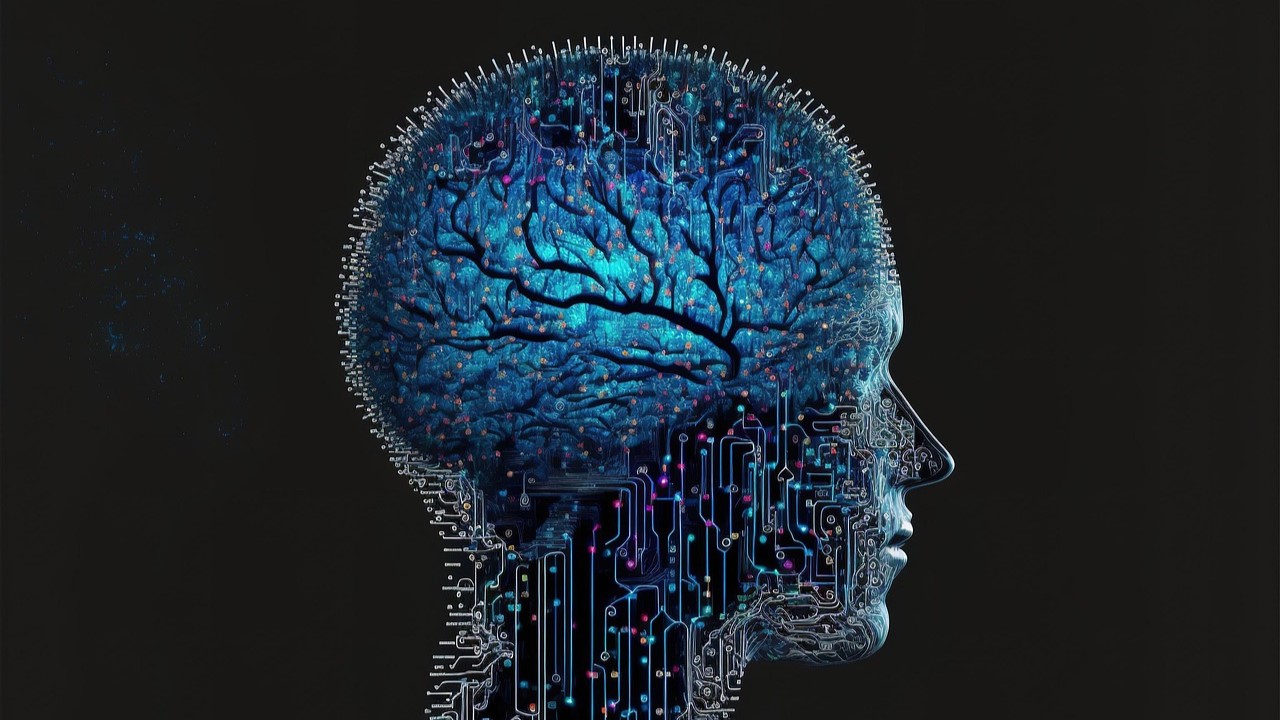Surprising experiences play a crucial role in learning, say researchers from Hungary’s HUN-REN Wigner Research Centre and Germany’s Max Planck Institute. Using mathematical models developed in artificial intelligence research, they found that unusual events help the brain update its understanding of the world more efficiently than routine experiences.
The findings, published in Nature Reviews Psychology, challenge the traditional view that rare or unexpected memories are less ‘worth storing’. Instead, the study argues that it is precisely these moments—those that deviate just enough from the norm—that serve as anchors for deeper learning.
‘Memory isn’t flawless. Sometimes, we remember things that never actually happened,’ the researchers wrote in a statement by the Hungarian Research Network (HUN-REN). But these recurring ‘mistakes’ can actually help uncover the principles that govern how memory works—and why certain details stick while others fade.
The team, led by Gergő Orbán of the HUN-REN Wigner Centre, and working with Dávid Gergely Nagy and Charley Wu in Tübingen, applied concepts from machine learning to better understand how different human memory systems interact. Instead of simply cataloguing memory errors, their goal was to uncover the logic behind them—specifically how they relate to learning and data compression strategies used by the brain.
‘Information theory helps us understand what’s worth remembering and what’s better forgotten,’ the researchers explained. Traditional information theory might suggest that very rare events aren’t useful to remember—but human memory doesn’t behave this way. On the contrary, people tend to retain surprising experiences more vividly.
The authors conclude that these standout moments play a crucial role in updating what we know. While routine memories help us predict future outcomes, surprising events act as catalysts that refresh our knowledge and adjust our expectations.
In practical terms, the findings also offer valuable insight into how we learn—or teach—most effectively. The researchers argue that machine learning models don’t just help us understand what we’ll remember or forget, but also guide us in optimizing when to repeat a concept and when it’s time to move on to something new.
Related articles:







